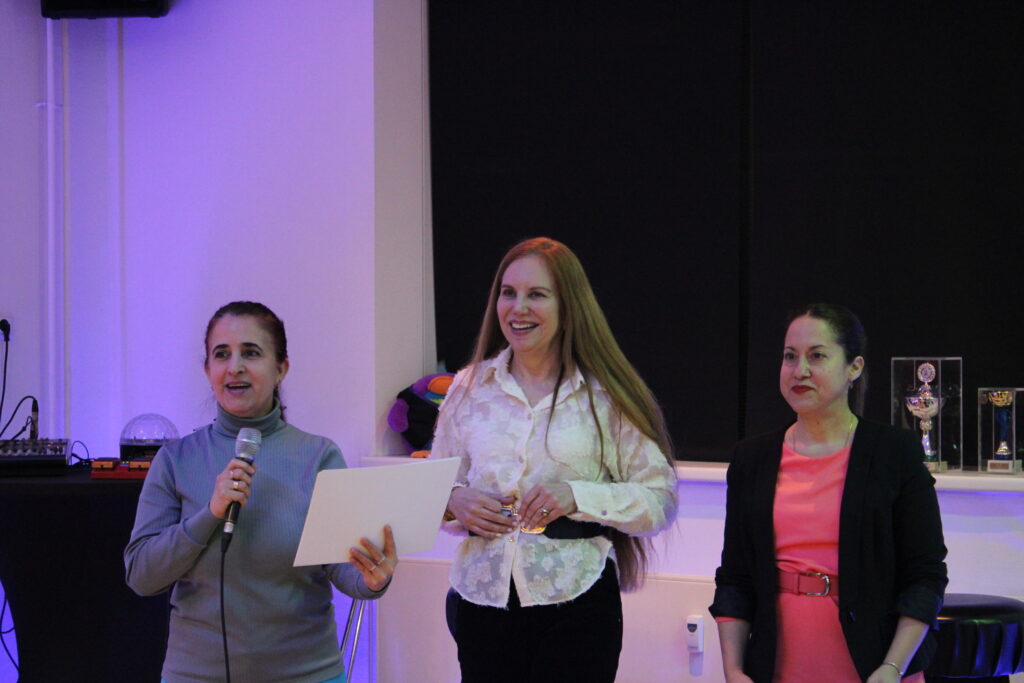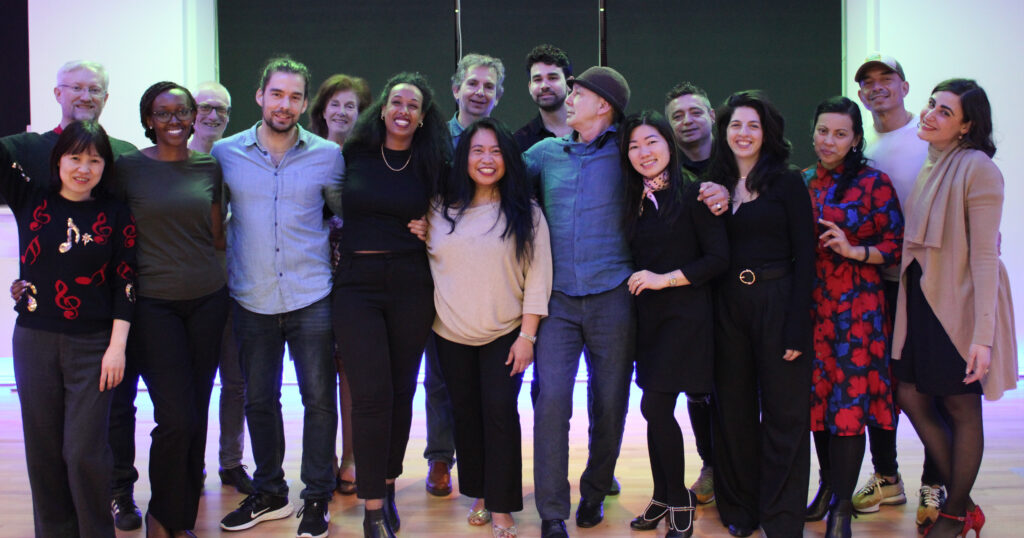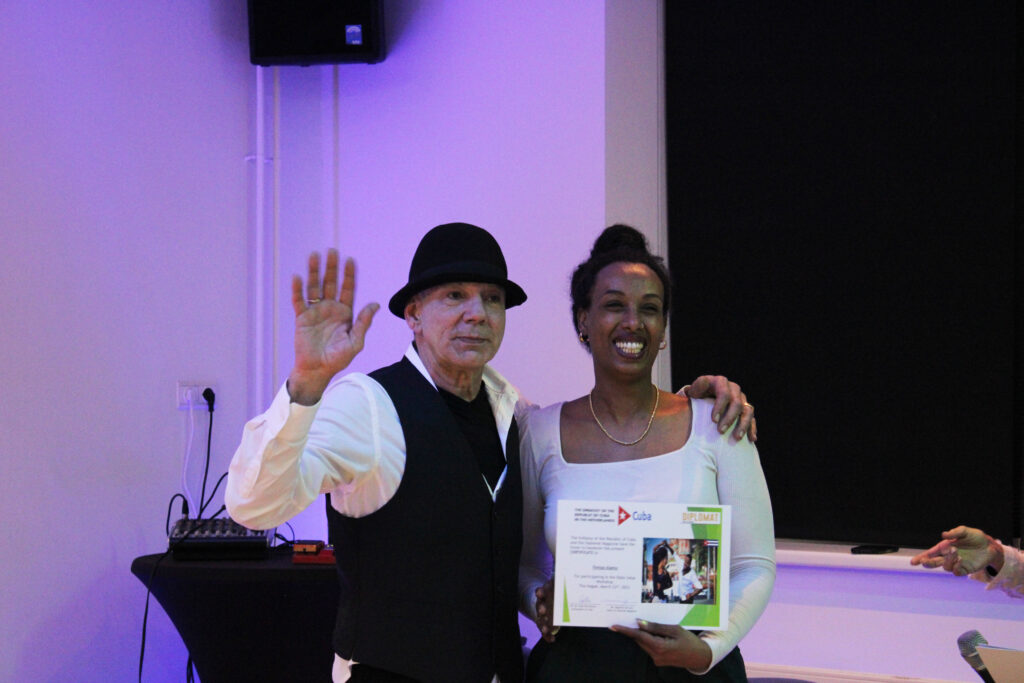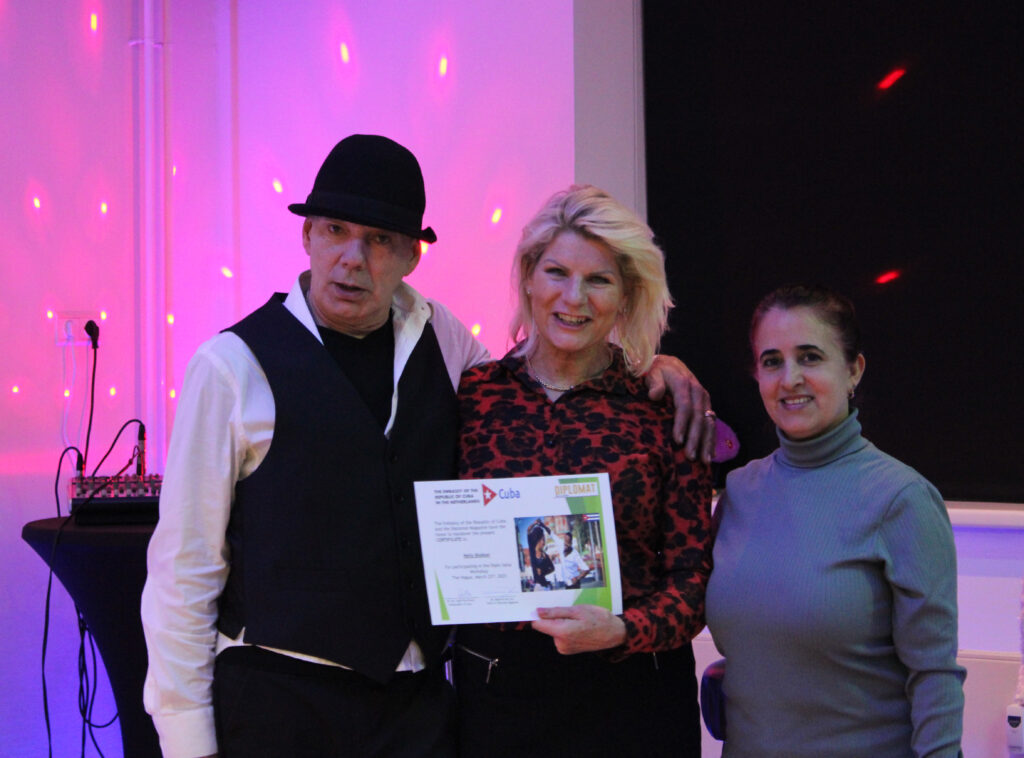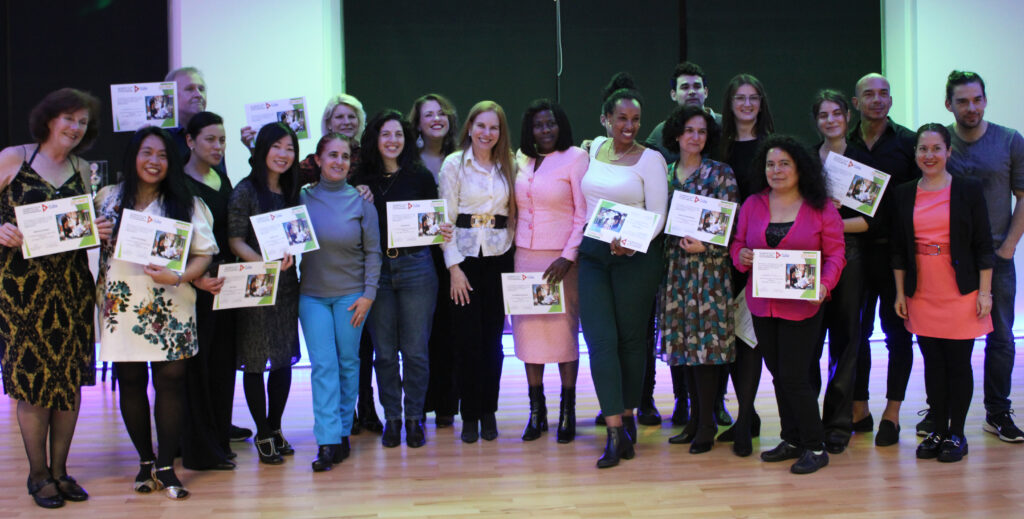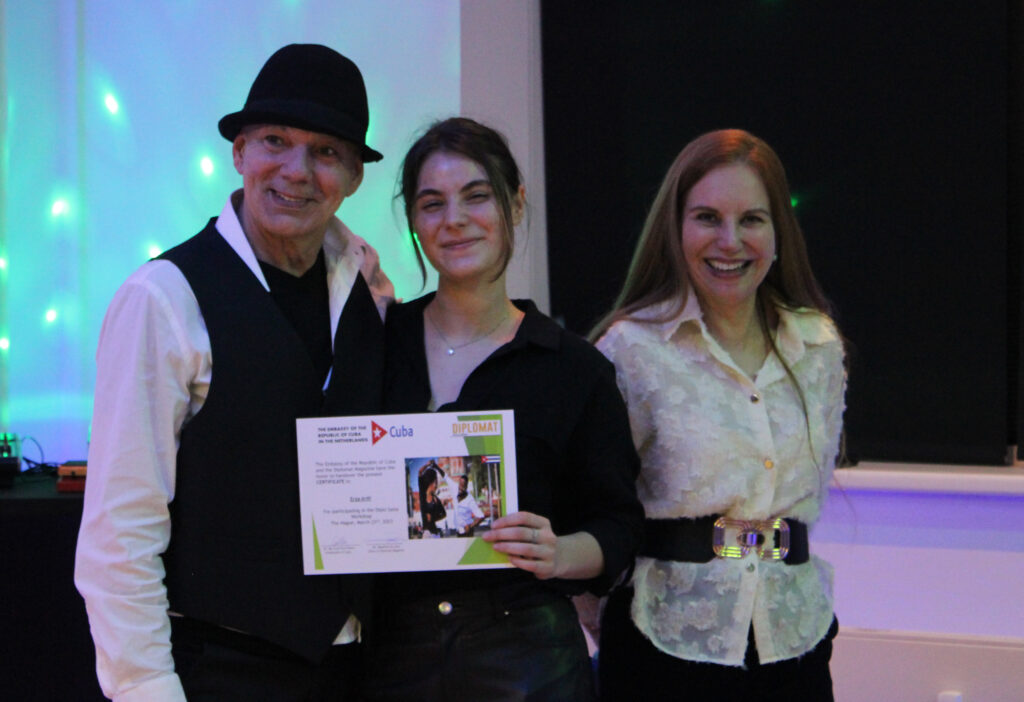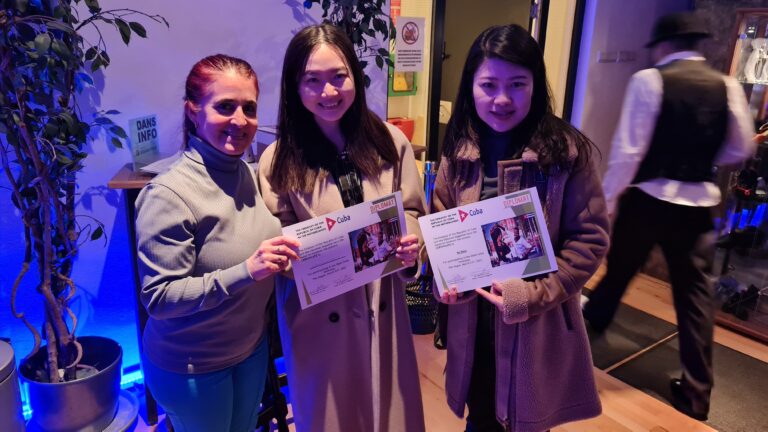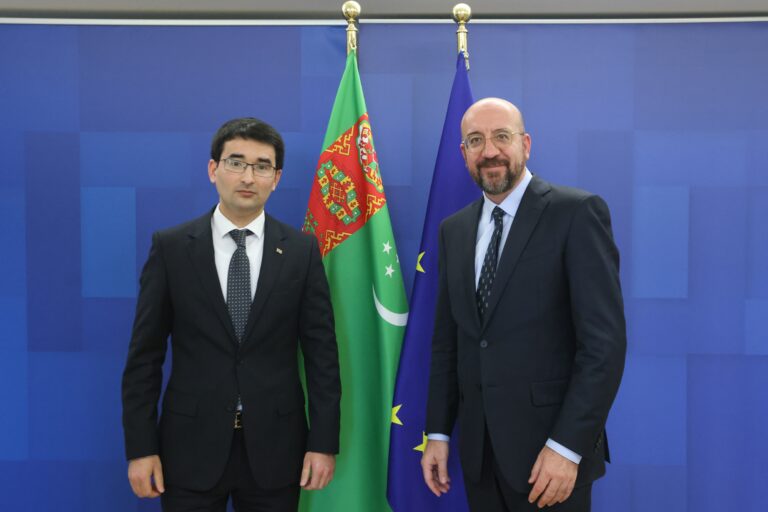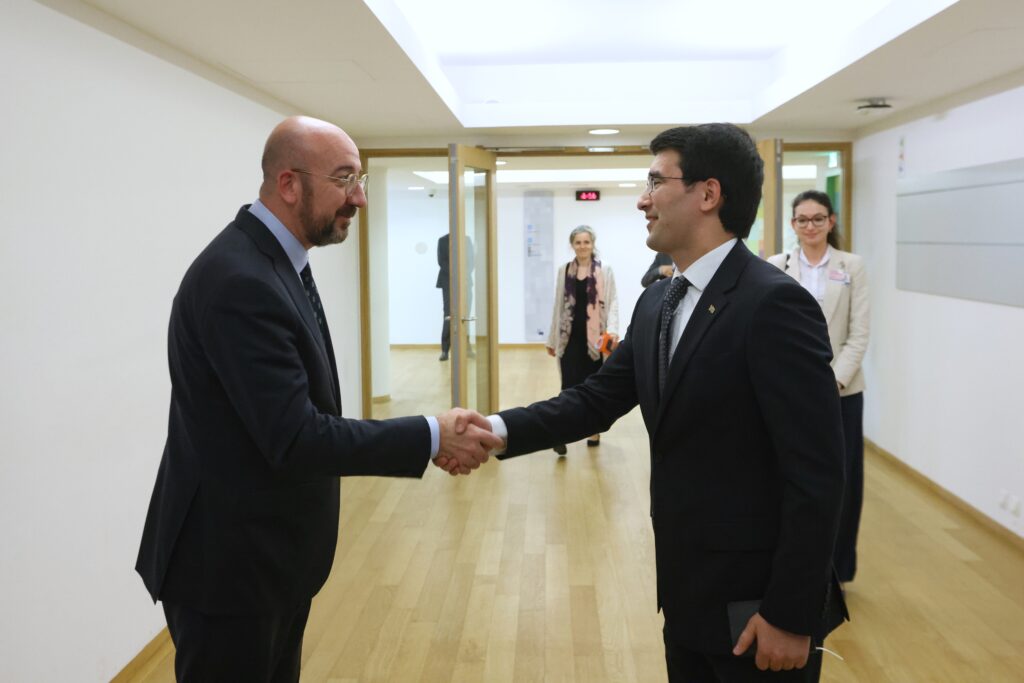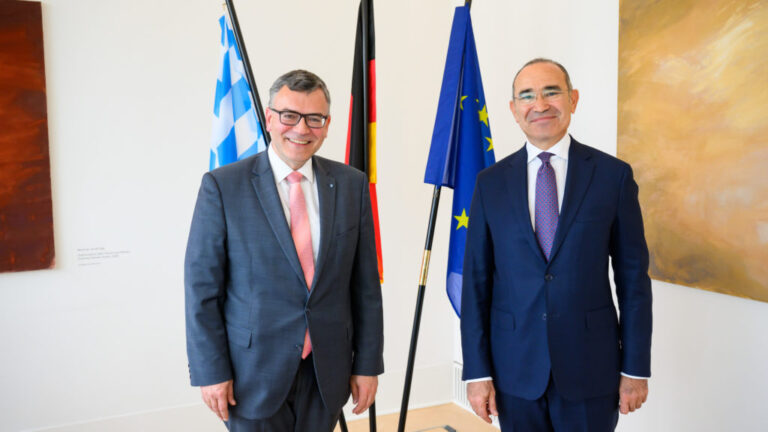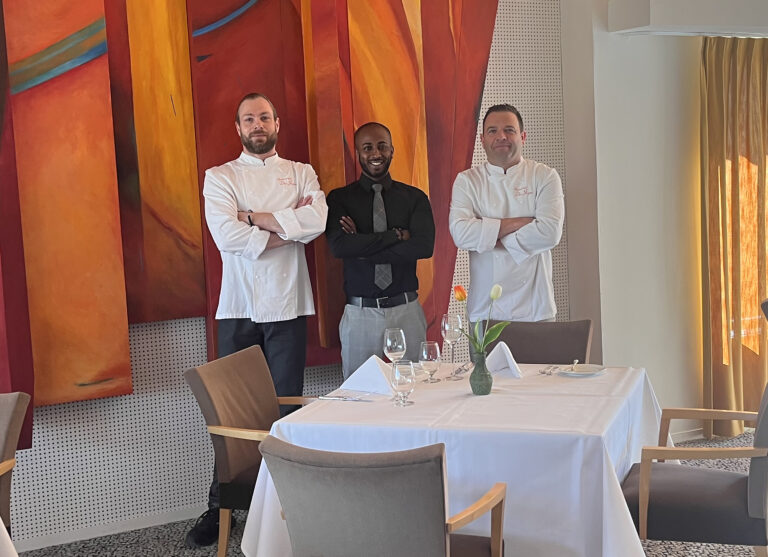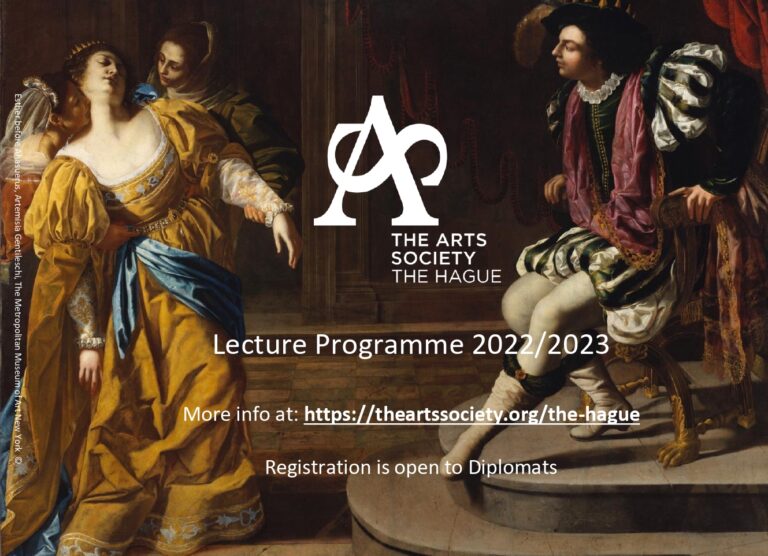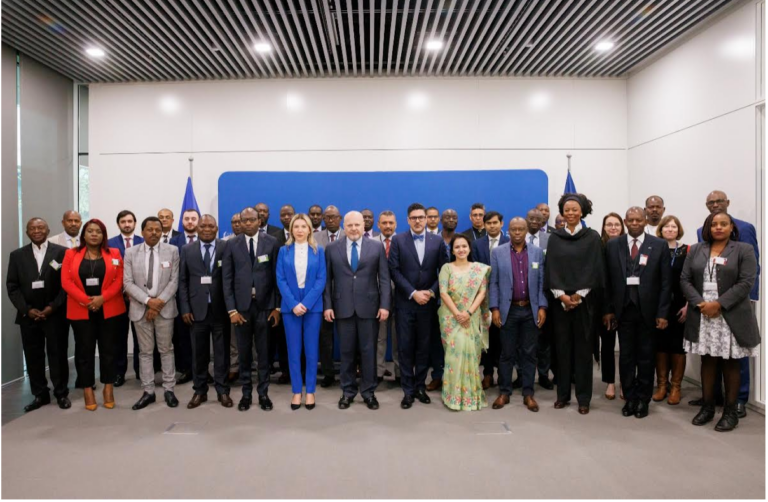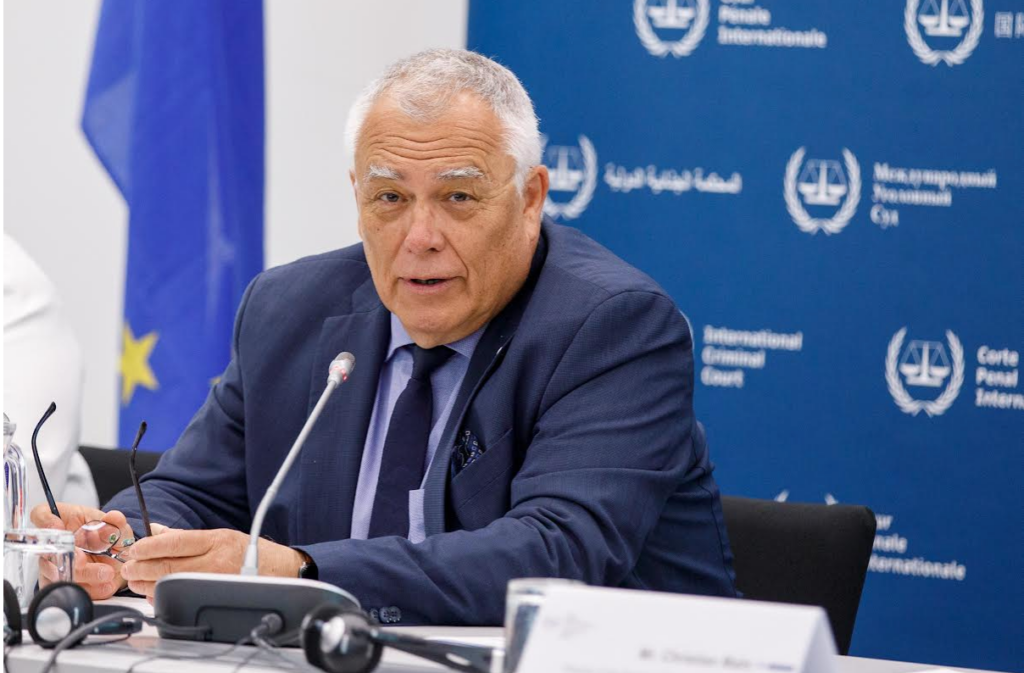Most Important Elections on the 100th anniversary of Establishment of the Republic of Türkiye – country at a turning point
Türkiye is preparing to hold presidential and parliamentary elections on 14 May 2023, after Recep Tayyip Erdoğan, President of the Republic of Türkiye, had announced that the date of the elections will be moved from the previously scheduled 18 June to 14 May 2023. These elections in Türkiye have been described as “the most important in the history of the country”[2]since the inception of the Republic. In addition to a plethora of parties and presidential candidates, there is also a consensus both within and outside Turkey that this time the elections will be a turning point for the future of the country. The importance of these twenty eighth presidential and parliamentary elections in Türkiye is derived from the fact that they are taking place 100 years after the establishment of the modern Republic of Türkiye by Mustafa Kemal Atatürk, and the Republic is entering the second century of its existence under very complex global circumstances.
Undoubtedly, these elections will directly inform the formulation of geo-political relations[3], powers and balance in the context of the military conflict between the Eastern and Western block on the territory of Ukraine. The decision that the Turkish voters will make in May shall not reflect just on who will lead the country, but also on the economic path Türkiye will take, and on the role it will have in the mitigation of global and regional conflicts, such as the war in Ukraine and the turmoil in the Mediterranean, Middle East and Africa.
Election process
The Turkish Supreme Election Council (YSK) announced that 60,904,499 voters are eligible to participate at the elections and can vote at 190,736 polling stations, as well as that there are 3,286,786 eligible voters abroad, who will vote at 4,969 polling stations abroad in the period from 27 April to 9 May 2023.
On the day of elections, that is 14 May 2023, the voters will simultaneously elect the new president of the Republic and 600 deputies/representatives in the Grand National Assembly of the Republic of Türkiye.
Election of the President of the Republic
The President of the Republic of Türkiye is elected directly through two rounds in which a candidate has to win a relative majority (more than 50%) of votes to be elected. If no candidate wins a majority of votes in the first round, then the second round of elections will be held on 28 May 2023 and will involve two candidates with the largest number of votes won in the first round of elections.
The mandate of the President of the Republic of Türkiye is limited to two terms of five years each. However, if early elections are held before the end of the second term, a third term is allowed. Early elections can be held either with the support of 60% of deputies/representatives in the Grand National Assembly of the Republic of Türkiye or by a presidential decree. Presidential candidates have to be at least 40 years old and have a university degree. Candidates can be nominated by any political party that had won 5% of votes at the previous parliamentary elections, while parties that had not met the threshold can join forces and nominate a joint candidate, if their overall total of votes won exceeds 5%. Independent candidates can run at the elections if they collect 100,000 signatures of voters.
Presidential candidates include:
● Recep Tayyip Erdoğan, born on 26 February 1954. The current President will face the most difficult test in his 20-year long rule. He is the founder and leader of the Party of Justice and Development (AKP). Erdoğan has been leading the country since he became the prime minister in 2002.
He was appointed President of the Republic of Türkiye by the parliament in 2014. His powers are symbolic only in theory. Namely, the critics assert that he had de-facto established a presidential system after taking the office.
The 2017 referendum paved the way to a presidential system. At the 2018 elections Erdoğan was elected President after having won 52.59% of votes at elections with a high turnout of 86.24%.
Erdoğan is the candidate of the People’s Alliance (Cumhur İttifakı) coalition, which was established in February 2018 by the ruling Justice and Development Party (AKP) and the Nationalist Movement Party (MHP).
● Kemal Kılıçdaroğlu, was born on 17 December 1948. He has been the main opposition leader in the country for 13 years already. Kılıçdaroğlu is the leader of the Republican People’s Party (CHP) and the candidate of the National Alliance, known also as the “Table of Six”. He is a seasoned politician but has been criticized for his lack of charisma. However, he has been endorsed by three individuals with significant capacity of the kind. Specifically, Meral Akşener, President of the Iyi party /Good Party/, Mansur Yavaş, Ankara Mayor and Ekrem İmamoğlu, Istanbul Mayor.
It is expected that if Kılıçdaroğlu wins the three of them would become vice presidents, which would be an unusual and unstable arrangement for any government.
Yavaş and İmamoğlu were instrumental in the defeat of the AKP in the two most important cities at the 2019 local elections. That was the first sign the ruling AKP party was losing the support of voters.
● Muharem Ince was born on 4 May 1964. He is the leader of the right-wing, nationalist Homeland Party. This will be the second time for him to run against Erdoğan, as he was defeated at the last presidential elections, when he won 30.64% of votes. After withdrawing from the CHP, in 2021 he established the Homeland Party (MP).
Despite the calls of the opposition to withdraw his candidacy so that the opposition votes are not dispersed, İnce strongly believes he will qualify for the second round. The opposition accuses him that his candidacy plays into the hands of Erdoğan.
● Sinan Oğan was born on 1 September. He is a Turkish politician of Azerbaijan descent, nominee of the Ancestral Alliance (Ata İttifakı) and a former member of the Nationalist Movement Party (MHP). He was expelled for the second time from the party in 2017, after he had returned and won the appeal against his removal from the party in 2015.
The ATA Alliance nominated him as its presidential candidate after he had collected more than 100,000 signatures, on 26 March 2023. Currently he is an independent politician, less known to the public than other candidates. Oğan was a representative in the parliament from 2011 to 2015.
Elections for the Grand People’s Assembly of the Republic of Türkiye
The Turkish Supreme Council (YSK) announced that 36 parties were eligible to participate at the elections, as they had met the prescribed conditions, although there are 122 officially registered political parties in Türkiye.
A total of 600 deputies/representatives of Great People’s Assembly of the Republic of Türkiye will be elected through a proportional system in 87 electoral districts using the D’Hondt method[4]. According to the electoral legislation, electoral districts are organized so that 77 provinces (Türkiye has a total of 81 provinces) constitute one electoral district each. The exceptions are the provinces of Bursa and Izmir which are divided in two electoral districts, as well as the provinces of Ankara and Istanbul, which are divided into three electoral districts because of their large population.
At the initiative of the ruling AKP party and its main political ally, the MHP party, in 2022 the Turkish parliament lowered the national election threshold for participation of political parties in the Parliament from 10% to 7%. This was the first lowering of the election threshold since the military junta introduced it after a coup d’état in Turkey in 1980.
Political parties can also decide to run at the elections in a political alliance with other parties, thus circumventing the condition of 7% for each individual party separately. Namely, the current requirement is that a political alliance wins more than 7% of votes.
Pre-election coalitions
At the elections the following pre-election coalitions will compete against each other:
● People’s Alliance Coalition (Cumhur İttifakı), which includes the ruling Party of Justice and Development (AKP), Nationalist Movement Party (MHP) and the Free Cause Party (Hüda-Par), which is a Sunni-Kurdish Islamist political party in Turkey. The party is closely affiliated with the Kurdish Hezbollah, a Kurdish Islamist militant organization that the Turkish government had declared a terrorist organization.
● Table of Six Coalition (Altılı Masa) includes the Republican People’s Party (CHP), the Good Party (IYI), Felicity Party (SAADET), Democratic Party (DP), Party of Democracy and Progress (DEVA) and the Future Party (GP). The Table of Six was initially an independent entity from the national alliance and it was only on 21 January 2023 that they took the name “National Alliance – Millet İttifakı.”
● Labor and Freedom Alliance (Emek ve Özgürlük İttifakı) is a left-wing election coalition consisting of the People’s Democratic Party (HDP), Workers’ Party (TİP), Labor Party (EMEP), Laborist Movement Party (EHP), Social Freedom Party (TÖP) and Federation of Socialist Assemblies (SMF). The aim of the Alliance is “equality, freedom, brotherhood, peace and democracy for the Turkish society.”
● Ancestral Coalition (Ata İttifakı) is a right-wing alliance established by the discontented members of the MHP after the party brokered an alliance with the AKP at the state level in 2015. It was established in March 2023 and includes the Victory Party, Justice Party, My Country Party and the Turkish Alliance Party.
● Union of Socialist Forces (Sosyalist Güç Birliği) was formed by the Left Party (SOL), Communist Party of Türkiye (TKP), Communist Movement of Türkiye (TKH) and the Revolution Movement (DH). It was established in August 2022. In its founding declaration, the alliance offers five points as their ideological ground. The declaration is focused on forced nationalization and anti-capitalism, societal equality and public ownership, anti-NATO and anti-American policy, secularism, anti-clericalism and anti-discrimination in the Turkish society.
Election campaign and the recent earthquake
Political parties have officially commenced their election campaigns. The streets and squares are covered with big posters with appealing messages to the voters. This time the parties did not resort to the traditional methods used in the previous campaigns when the candidates drove around in cars along the streets and played songs especially made for the campaign purposes. The reason for that is the public atmosphere of continuous morning for the enormous human and material losses inflicted by the earthquake of 6 February this year. The devastating earthquake will probably have major political repercussions that could have a decisive impact on the decisions of many voters when they cast their votes mid next month. However, that will not be the only deciding factor, because the economic crisis, the inflation of 57% from February 2023, high unemployment level of around 10%, and the diminishing purchasing power of citizens will play a crucial role. In fact, it will play a role that will be not less important, and even bigger than the resentment prevailing in the public with respect to the humanitarian consequences of the earthquake. Therefore, both the ruling parties and the opposition have focuses on these two issues in their election campaigns.
On 10 April 2023, the same day when Kemal Kılıçdaroğlu, the opposition leader and presidential candidate, posted a video recording from his modest kitchen promising to reduce the price of onion in the country, President Recep Tayyip Erdoğan inaugurated the commissioning of the first aircraft carrier, which will predominantly transport drones. This is the first carrier of the kind in the world – TCG Anadolu. In such a way, a debate was opened on the current priorities of Turkish voters. While Erdoğan’s election campaign is mainly based on large national projects, opposition candidates focus on common daily life issues and the difficult economic situation that the citizens face, particularly in relation to the inflation, which has reached unparalleled levels, and the high prices, which have affected all aspects of their lives.
In the same context, Erdoğan promises to continue large national and strategic projects, particularly those related to infrastructure, defense industry, etc., while the opposition leaders promise to reduce the prices of basic commodities and stop selling immovable property to foreigners, in order to lower their prices and make them affordable to Turkish citizens- since their prices have increased to unprecedented levels.
On the other hand, although Turkish voters welcome these large and important projects, and the opposition does not diminish the respective achievements, a significant percentage of citizens believe that under the current circumstances priority should be given to improvement of economic living conditions.
Erdoğan’s main rival, Kemal Kılıçdaroğlu, posts on daily basis video-clips from his modest kitchen focusing on resolution of the economic situation as the citizens are concerned over it -particularly in relation to the growth of prices of vegetables, fruits and meat, as well as the growth of real prices of property and many other things that affect daily lives of citizens.
To this day the opposition has not offered convincing mechanisms for improvement of economic conditions, but speaks only about an austerity policy, sale of Erdoğan’s presidential planes and vehicles and taking of loans from the World Bank (WB), which causes doubts and fears among Turkish voters, who believe that the return to the era of taking of loans from the World Banks would mean a “return to the era of tutorship”, and remind of the constant drops in the value of Turkish lira prior to Erdoğan’s arrival to power in 2002.
Undecided voters
The undecided voters are a paradox and a point of concern for the Turkish opposition. Namely, even if the Party of Justice and Development (AKP) wins a smaller number of votes, for a number of reasons, it would not imply that the opposition would get more votes, but would remain in the category of the votes of the “floating” and undecided voters.
Assessments indicate that in Turkey this segment was and still is in the area of around 20% of votes, which is a significant percentage and all political parties should take this segment into account and focus on it.
It is worth reminding that in their early stages both the Party of Justice and Development and Erdoğan appealed to such voters and focused on galvanizing them, after he had persuaded them to vote at the elections. Erdoğan’s slogan “We are the voice of the voiceless and the voice of the quiet ones” was essential for the success achieved at the last elections.
The Turkish opposition wants to win the undecided voters through the policy of attacks and criticizing of all Erdoğan’s achievements over the past two decades. However, such methods usually yield results opposite to the ones that the opposition hopes to achieve. The same happened at the 2018 elections when just before the end of the election race such votes “crossed” to the AKP side, because such voters did not find a convincing and credible alternative.
Economic policy
Definitely, nothing in Türkiye is the same as it was 20 years ago, as the opposition claims, because the average income per capita in 2001 amounted to 3,500 dollars, and during the multi-year rule of the AKP it increased to almost 12,000 dollars, as a natural result of the increase of the gross domestic product (GDP), which reached 905 billion dollars in 2022. Türkiye is currently the 19th largest economy in the world.
As for the foreign trade exchange, Türkiye’s export continuously increases. Despite the high interest rate and the drop in the value of the national currency due to various speculations, the state has managed to transform the currency exchange crisis into an opportunity, as a result of what the export has increased to 254 billion dollars in 2022.
The opposition is always critical of economic results of the government. It also criticized the decrease of interest rates and the removal of the Governor of the Turkish Central Bank. However, so far the opposition has not presented its economic vision and only criticizes, which causes suspicions on the part of the voters because it is logical that if you criticize something you should offer an alternative. It seems that for the time being the opposition has no plan, except to increase the interest rates again, which would contribute to the growth of Turkish lira in comparison to the dollar in the short term, but in the long term would be detrimental for the Turkish economy because of the increased inflation level.
Türkiye at a turning point
The upcoming elections are the most important presidential and parliamentary elections in the history of Türkiye, as they will decide its fate and its political and economic future. The elections will take place within the framework of the new presidential system, which the country adopted in 2018 and which gives broad powers to the President with respect to management of the country, which bearing in mind the economic challenges the country is facing and the international developments related to the region and the world is important for adoption of swift and effective decisions.
Türkiye is faced with numerous challenges: economic, political and diplomatic, as well as tensions in the relations between the current government and some European countries and countries in the region, including the United States and the European Union.
Bearing in mind the importance Türkiye has as a regional power, the election results will have their implications on the entire region and international relations. As Türkiye is a NATO member it plays an important role at the regional and international level, including the Syria crisis, Israeli- Palestinian conflict, civil war in Libya and the war in Ukraine, where Erdoğan is the only Western leader who has maintained excellent relations with Russian President Vladimir Putin.
For the time being it is difficult to forecast the results of elections. Final results could be surprising. However, the most important thing is that the elections be conducted in a democratic, free and fair way, that all participants accept the final results of the elections and that efforts be invested in the strengthening of democracy and affirmation of human rights in Türkiye.
The elections in Türkiye will be an important moment for expression of the will of Turkish citizens and definition of the political and economic path of the country for the future, as well as achievement of political stability and economic progress, its affirmation in international relations and strengthening of the Turkish role at the regional and international level.
Published by IFIMES Ljubljana/Washington/Brussels, 27 April 2023
Footnotes:
[1] IFIMES – The International Institute for Middle East and Balkan Studies (IFIMES) from Ljubljana, Slovenia, has a special consultative status with the Economic and Social Council (ECOSOC)/UN since 2018. and it’s publisher of the international scientific journal “European Perspectives”.
[2] The Washington Post: World’s Most Important Election in 2023 Will Be in Turkey, link: www.washingtonpost.com/business/energy/the-worlds-most-important-election-in-2023-will-be-in-turkey/2023/01/09/ac2cf916-8fe3-11ed-90f8-53661ac5d9b9_story.html
[3] Chinese President Xi Jinping: China Faces More Complicated Challenges, link: www.bnnbloomberg.ca/xi-says-china-faces-more-complicated-challenges-xinhua-reports-1.1797627
[4] The D’Hondt method www.europarl.europa.eu/RegData/etudes/BRIE/2019/637966/EPRS_BRI(2019)637966_EN.pdf
